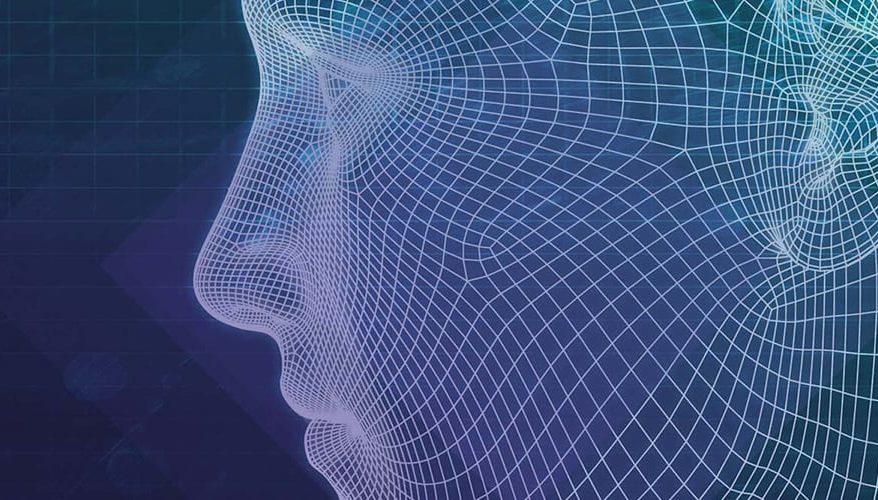
Guest author: Tracey Groves
There are potentially significant positive consequences of Artificial Intelligence (AI) and machine learning for all of us to embrace and aspire to achieve. Whether it’s the opportunity to fight global poverty, mitigate environmental damage to our planet or extend human life through better diagnosis and treatment of disease, there are huge advantages to be gained.
Making it personal
These examples show that we should interpret the increasing use of AI and machine learning in our world as a force for good. This is not only for global economic or corporate efficiency purposes, but more importantly, for our planet and for humanity.
On a personal level, AI will and is already releasing individuals from routine, repetitive tasks at work and freeing them up for more value-adding and enriching activities. AI is helping consumers to save money and budget more effectively through applications designed to gather data from users (such as how much money they make and what they’re currently spending on wants and needs), making recommendations for how to allocate their money more effectively. And, for those of us who can’t remember what a road atlas or map looks like, AI helps us get from A to B without getting lost through the use of an algorithm in our cars’ GPS.
AI is omnipresent in our lives already
The ability of AI systems to transform vast amounts of complex, ambiguous information into insight has the potential help solve some of the world’s most enduring problems. However, like all powerful technologies, great care must be taken in its development and deployment.
To reap the societal benefits of AI systems, we will first need to trust them and make sure that they follow the same ethical principles, moral values, professional codes, and social norms that we, as humans, would follow in the same scenario. And that’s where it gets tricky.
Ethical risks of AI
There are two specific areas of tangible ethical risk that spring to mind. Firstly, the risk that AI is created with harmful biases built into its core, and secondly, the risk that AI that does not reflect the diversity of the users it serves.
Arguably, by not addressing the issues of bias and diversity upfront in the design, development and deployment of AI, the opportunity for it to disable humanity, instead of enabling us, will become very real. It’s not about whether the AI itself is ethical per se, but more about the behaviours and governance of those that design, develop and implement the AI system to deliver outcomes that are aligned with intention and purpose.
The good news is that AI gives us an opportunity to build technology with less human bias and built-in inequality than has been the case in previous innovations. It promises extraordinary benefits and the difficulties it poses are not unprecedented. We know so much more today about the unintended consequences of unconscious bias and how we make decisions. But the benefits will only happen if we expand AI talent pools and explicitly test AI-driven technologies for bias.
It has been proven that applying machine learning to ordinary human language results in the exhibition of striking gender and racial bias. Some say that this is showing us that AI is prejudiced. What it’s actually showing us is that we’re the ones that are prejudiced, and the machines are learning it. The choice should not be between prejudiced algorithms and fair-minded humans. It is between biased humans and the biased machines they create. For example, a racist human judge may go uncorrected for years. An algorithm that advises judges might be applied to thousands of cases each year. That will throw off so much data that biases can rapidly be spotted and addressed.
Hardwiring ethics and diversity into the heart of AI
Therefore, we must ensure there are different voices at the decision-making table that can be heard right from the start of designing ethical and responsible AI; from coding through to development, testing, implementation and ongoing monitoring. We must hardwire ethical values and diversity into the very heart of AI which means valuing the voice of difference, whether that is of gender, age, sexual orientation, culture or ethnicity.
*Special thank you to Tracey Groves, Founder and Director, Intelligent Ethics for writing this article.
Connect with Tracey via:



